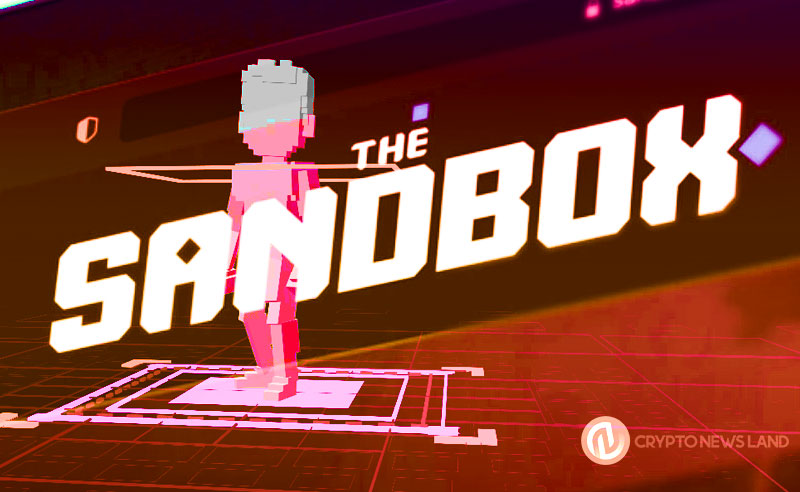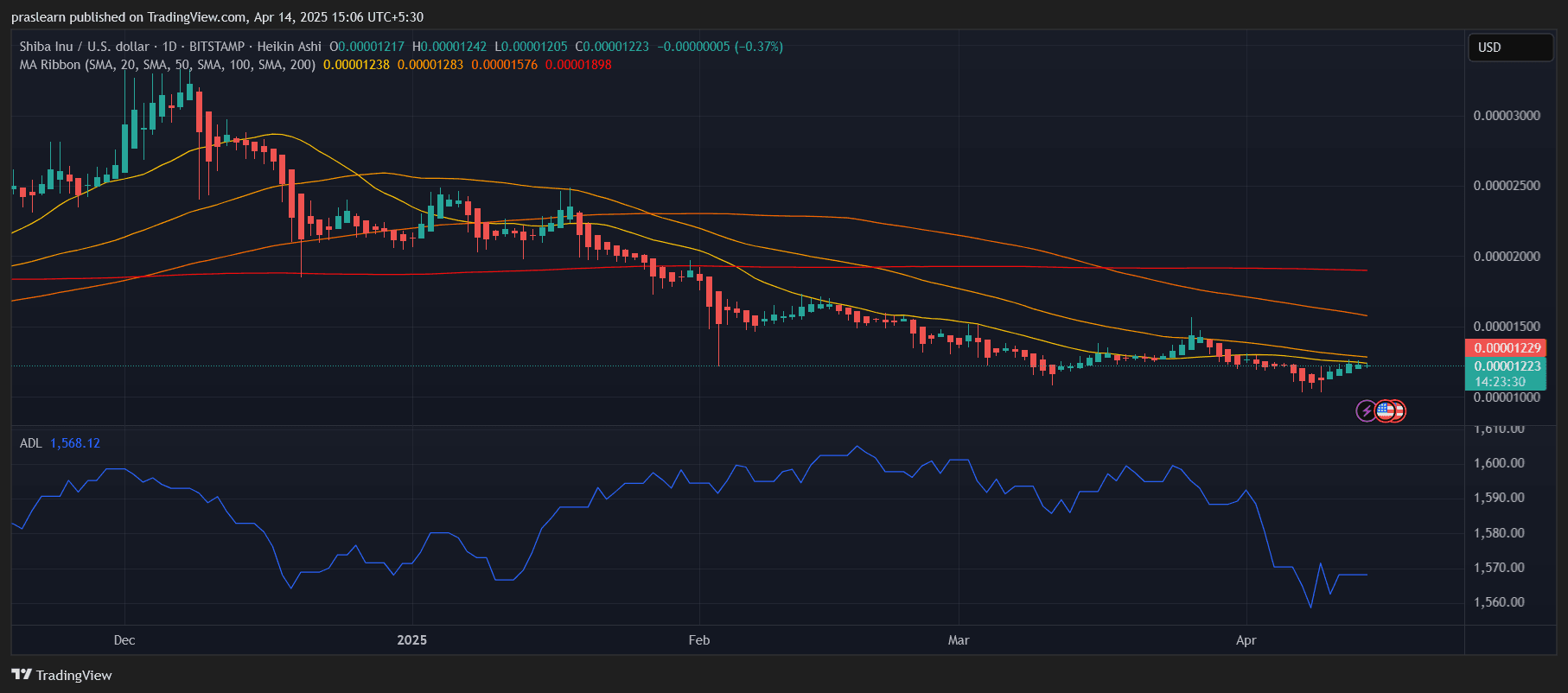Detailed explanation of Meson Network: How are the data performance and application scenarios after three years of hard work?
Original author: Rocky, crypto KOL
AI+DEPIN is the hottest track in this cycle, no doubt about it! In the past, we often talked about AI solutions on the computing side, such as #IO, #AKT, etc. And the AI model side #TAO, but rarely talked about the underlying infrastructure of AI. AI model training cannot be separated from a large number of user IPs to help feed it, as well as the support of network bandwidth. The leader in the segment @NetworkMeson has been working silently for three years and is rising! Let's introduce it in detail today!

Meson Network is an efficient decentralized bandwidth market on Web3. It aggregates idle bandwidth resources through mining to meet the needs of institutions and individual users for fast access to information flows (pictures, videos, data). Use cases include decentralized storage, AI, public chain nodes, etc.
We can understand Meson Network as a bandwidth resource pool, and both sides of the pool can be regarded as supply and demand. The former contributes bandwidth, and the latter uses bandwidth.

I. Three major products
1. GatewayX integrates idle IP and bandwidth of global businesses, such as the resources of IDC computer rooms, which have surplus and usage troughs. It can contribute its idle resources. The most typical use scenario is CDN service: the IDC close to the target user caches the required files, and the bandwidth there is used for transmission when the user accesses.
Dedicated gateway: Provides dedicated gateway connection and supports multiple Web3 domain name service resolution acceleration services.

2. GaGaNode mainly integrates idle bandwidth of home and personal devices and provides edge computing assistance. Home routers, computers, mobile phones and even small devices such as Raspberry Pi can be used as edge nodes in the network to optimize the response speed of applications and meet the needs of real-time business processing, intelligent application development, security and privacy protection, etc.
Mining node tutorial, supports all platforms:
https://docs.gaganode.com/running/

3.IPCola is Meson's monetization channel, performing tasks such as IP and bandwidth allocation. It is open to the outside world through APIs and other forms, providing support for social media, e-commerce, finance, SEO and other fields.
Currently, the project has achieved positive cash flow, with overall revenue of more than one million US dollars since its launch half a year ago, and continues to grow at a high speed.
By the way, the market value of Google's business is 1.7 trillion US dollars, and Meson will have great room for imagination in the future.

II. Data performance
Currently, Meson has a total of 21.6W+ global nodes, including 17W+ Gaganode nodes that contribute idle bandwidth, and 4.6W+ GatewayX commercial nodes, covering 150 regions around the world, effectively supporting the bandwidth requirements of different regions when accessing data.
Observation URL:
https://explorer.meson.network:1984/d/mzO2Tpg4k/home?orgId=2

III. Application scenarios
1.AI field
Since the birth of ChatGPT, the world's top 50 AI products have generated more than 28 billion visits, with an average monthly growth of 236.3 million visits. Such a huge demand is inseparable from huge computing power and model training, as well as a large number of user targets (IP) to help feed data, and bandwidth resources to provide support.

Due to the large number and complexity of AI models, model training usually adopts a variety of parallel computing strategies, such as data parallelism, pipeline parallelism and tensor parallelism. In the parallel computing mode, the importance of collective communication operations between multiple computing devices has become increasingly prominent. Therefore, when building a large-scale training cluster for AI models, network bandwidth is very important.
In addition, AI training requires crawling a large amount of data. Using multiple IPs to break through the data access permissions is the key to data feeding.

Not long ago, Web3 AI algorithmic trading company Tide Groups invested in Meson Network with a valuation of 1 billion US dollars. Tide Groups said that Meson Network's strategy of building the largest network is the core of big data and AI, which is consistent with Tide's goals.
It is conceivable that Meson's position in the infrastructure of the AI field!

2. Decentralized Storage
The current cloud storage market has a market size of 100 billion US dollars. However, the decentralized storage market accounts for less than 10%, and the market space is huge. Meson's CDN will accelerate business growth and will be immeasurable. Meson is currently the largest gateway for #FIL and #AR.
CDN efficiently sends music, pictures, applications and other data to users by utilizing the server closest to each user.
3. Public chain services
For L1, how to quickly synchronize ledgers between different nodes around the world is a difficult problem.
For L2, how to aggregate and package transaction data to L1, how to verify data faster, and cache data are also difficult problems.
#Meson provides the best solution for all of this. The recent cooperation with the BSC chain has greatly improved the speed of network synchronization and played the role of an invisible angel for the operation and security of the public chain.

Existing partners:
• Decentralized storage solution: Integrate FIL and AR as the support for its underlying storage technology;
• Public chain: Cooperate with public chains such as ARB to provide more efficient RPC services;
• Application: Cooperate with application layer projects such as social games Ultiverse, RSS3, Cyber, etc. to provide data content transmission and distribution services;
• Web2 enterprise: Cooperate with cloud service providers such as Amazon AWS to deploy Meson nodes;

Fourth, core narrative
DEPIN is the hottest field this year, which includes two aspects:
1. Physical resource network, including wireless network, 5G
2. Digital resource networks, including bandwidth networks, storage and computing networks, etc.
Whether it is aggregating idle bandwidth resources around the world or using token economy to incentivize users to join the network, Meson perfectly fits the DePIN concept.

AI: The growth of AI Agent and game projects will further drive the industry's demand for computing, but such projects face computing bottlenecks and lack of collaboration. Meson, which focuses on edge computing, can solve this problem well, such as providing sufficient bandwidth support for AI model training, or providing public data to participate in open source AI model training.

Modularization/Middleware: With the surge in data generated by application and user interaction, when there are massive data pages storing table data in the database system, the appropriate index can be used to easily locate the corresponding data. The speed of data reading, querying and retrieval affects the user experience and is crucial to the fluency of the application. Meson provides data caching services for projects and provides high-speed downloads.

V. Team
The employees of the Meson team are mainly composed of developers, engineers, BD personnel and other personnel.
Founder Sherlock Shi has extensive experience in blockchain and CDN. He entered the blockchain industry after graduation in 2018 and initially focused on NFT projects such as CryptoKitties. He had experience in project financing before Meson, and after Meson was established, he focused on decentralized storage and CDN acceleration.

VI. Financing
According to official information, Meson has completed 5 rounds of financing:
2021.02 Seed round, investors include Mask Network, Youbi Capital, etc.;
2021.06 A round, led by Libertus, Mask Network and Hash Global with a joint investment of $3.5M;
2021.12 Mask Network and Hash Global participated in the investment of $5M;
Two rounds of strategic rounds of financing were completed in 2024, with the final valuation of up to US$1 billion.

VII. Token Model
Meson Token: $MSN, with an initial total of 100 million pieces. The mining inflation rate is 5% in the first year, and decreases by 0.5% each year.
• Private: 26,000,000 (26%) • Public: 5,000,000 (5%) • Ecosystem: 27,000,000 (27%) • Foundation: 20,000,000 (20%) • Technical Team: 15,000,000 (15%) • Partners: 6,000,000 (6%) • Testnet: 1,000,000 (1%) Token Value Capture: • Miner Rewards • Miner Staking to Improve Mining Efficiency • User Payments • Protocol governance
Token Value Capture: • Miner Rewards • Miner Staking to Improve Mining Efficiency • User Payments • Protocol governance
In summary, the core demand for tokens will come from miners, B-side users, including but not limited to public chains, NFT project parties, other blockchain projects, etc., and C-side users.

Summary
Meson, as a key infrastructure in the Web3 market, has achieved rapid growth with the help of AI. At the same time, the closed loop of business logic is perfect. Compared with similar products, Meson is not limited to a certain blockchain ecosystem, and tries to expand to a wider range of users. The current three major products are clear, with a million-dollar revenue, and hit the three core narratives, AI+DEPIN+modularization/middleware. The imagination space in the future is immeasurable!

Original link
欢迎加入律动 BlockBeats 官方社群:
Telegram 订阅群: https://t.me/theblockbeats
Telegram 交流群: https://t.me/BlockBeats_App
Twitter 官方账号: https://twitter.com/BlockBeatsAsia
Disclaimer: The content of this article solely reflects the author's opinion and does not represent the platform in any capacity. This article is not intended to serve as a reference for making investment decisions.
You may also like
XRP Bulls Eyeing $2.50 Resistance: Is a Breakout Coming Soon?

Crypto Shockwave: OM Token Crashes Nearly 90%, Triggers Trust Crisis:Deep Flaws in Token Governance?

SAND Breaks Free: Is a 97% Rally Toward $0.52 Just Beginning?

Shiba Inu Ready to Bark Again? Price Action Signals a Breakout
